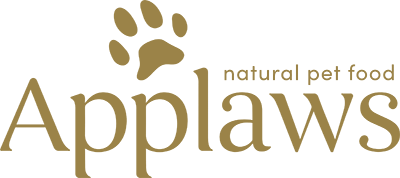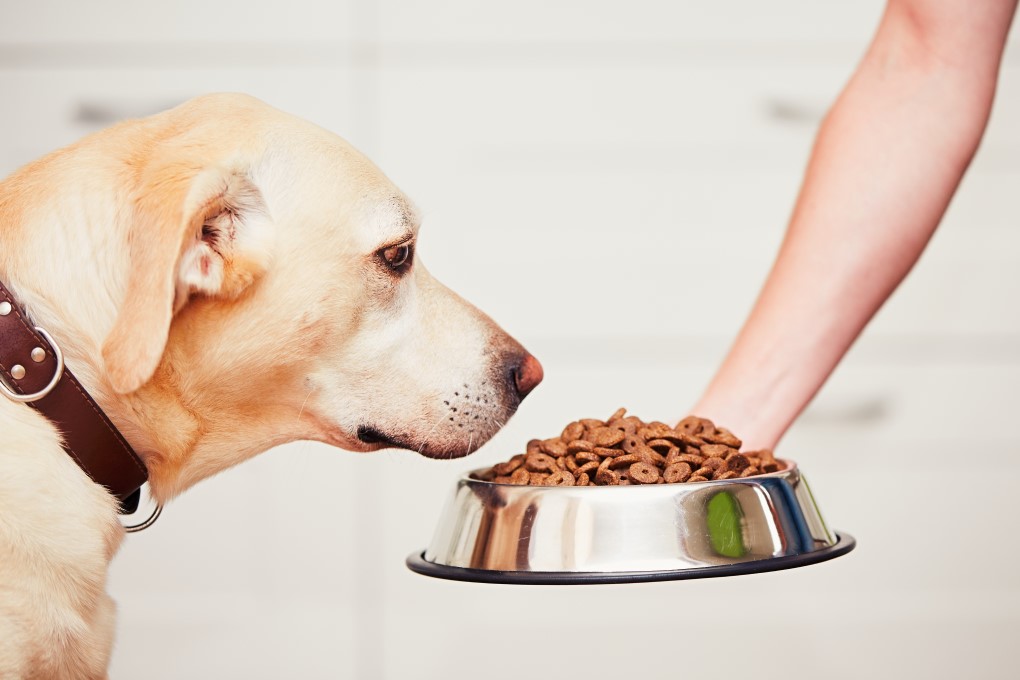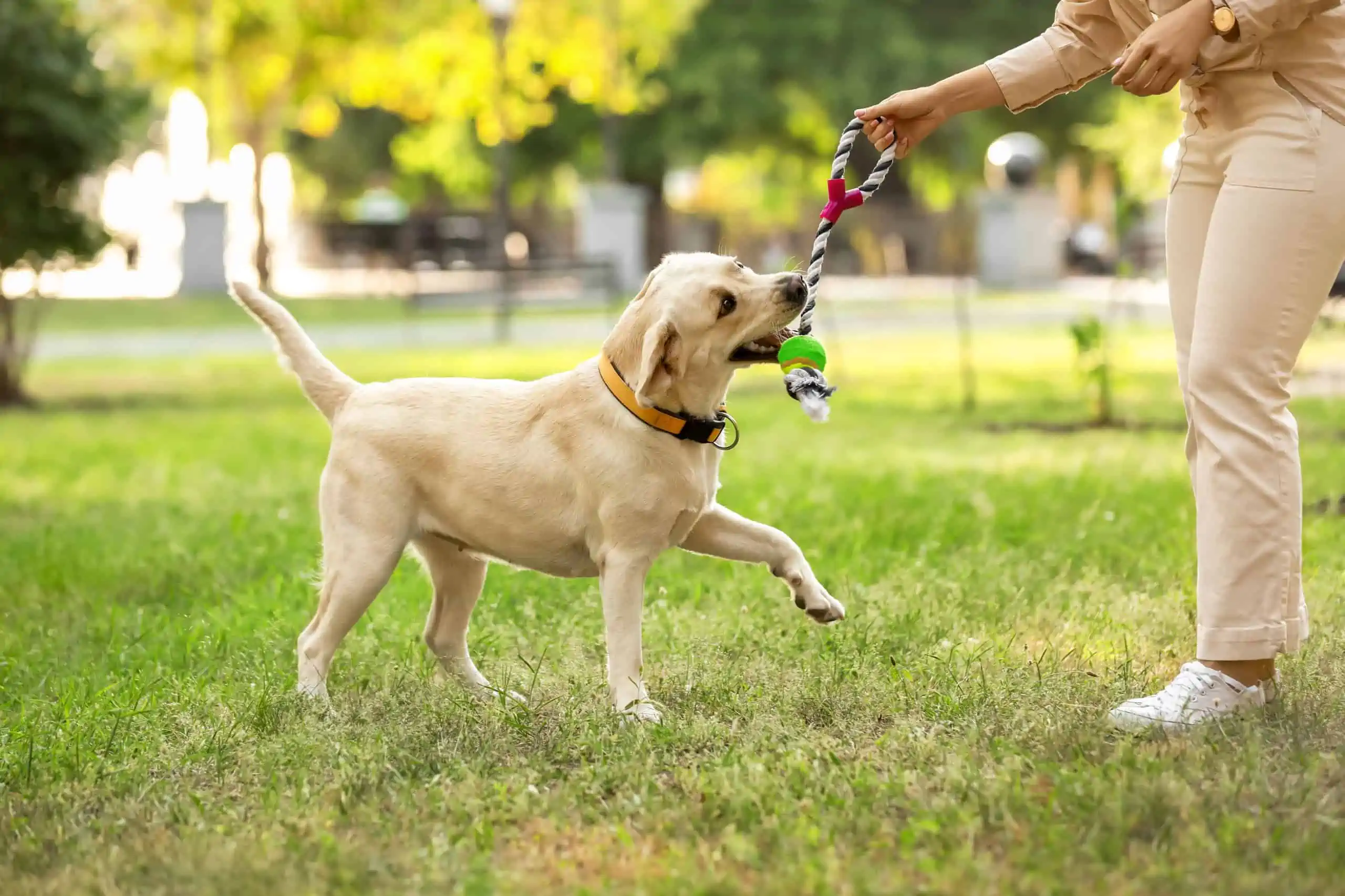A dog’s nutritional needs change and evolve as they pass through the various stages of life.
From being a precious and playful puppy, a strong and sprightly whipper-snapper, right the way through to adulthood, our canines require a complete and well-balanced diet that best fuels their mind, body and soul.
A senior dogs’ individuality comes to the fore at mealtimes, simply because their physical health and wellbeing varies so much once they reach this part of the cycle.
Many can become susceptible to food intolerances and allergies – with grains such as wheat, corn, rice, oats, barley, rye and soy contributing to troublesome tummies – which means pet parents have to be extra careful when sourcing their sustenance.
Our aging animals already have enough to deal with, they need all the help they can get to stay fit and well, so avoiding irritation and/or digestive problems/gastrointestinal issues is a good start.
Grains contain a great deal of goodness, but they are also calorie dense, which can cause our senior sidekicks to pile on the pounds if unmanaged or unmeasured.
Choosing grain-free foods can help our slightly more fragile four-legged friends immeasurably in the long run. Ask your veterinarian if you have any queries regarding a specific diet for your dog.
What are the benefits of grain-free dog food for senior dogs?
- Digestion: Grains are a ‘catch 22’ for our senior dogs. While they’re enriched with essential nutrients and carbohydrates, dogs are biologically incapable of fully digesting them. Food with grains can cause long term issues including allergies, gut irritation, obesity and inflammation of the bowel.
- Nutrition: Grain-heavy foods can be extremely calorie dense, which can cause your pet to pile on the pounds if their diet is mismanaged. Grain-free food, on the other hand, is packed with protein – essential for the maintenance of muscle mass – and enriched with vegetables and fiber, which provides your best buddy with a complete and balanced diet.
- Energy: Grain-free dog food packs a potent protein punch – whether it be healthy meat or fish – which is the main source of energy for dogs. That can be crucial for when your dog reaches a particular stage of their life, when they need a boost to keep them going. The processed nature of some whole grain foods, meanwhile, can cause your best friend’s blood sugar levels to plummet.
- Allergies: Dogs can develop food allergies and intolerances at a later stage of life. Their immunity to certain ingredients can waver while their bodies/digestive system becomes a bit more vulnerable. It’s quite rare for your four-legged friend to become sensitive to grains, but it’s a solid alternative for older dogs that are a bit more fussy with their food.
- Better breath: Puppy breath is manageable, but dog breath is on a whole different level. Whether they’re sharing a kiss with their pet parent, having an inquisitive sniff, or simply demanding their undivided attention by invading personal space, their breath can be rather pungent. Eating grain-free dog food can actually help as nutrition directly impacts dental hygiene. This option reduces the risk of bad-smelling bacteria making an appearance, which prevents canine halitosis.
Is it okay to change the diet of your senior dog?
Every dietary decision is made with your dog’s best interests at heart.
After all, their happiness, health and wellbeing is what matters the most.
If your pet is advancing in dog years, but they are still thriving, then we’d highly recommend continuing with the same meal plan.
Why change a winning recipe? Removing a key component from what was a complete and well-balanced diet can be hugely detrimental if those nutrients are not replenished.
However, if you notice a change in their eating habits, their mood, physique or demeanor as they become older, then it might be worth exploring other options.
Our senior sidekicks can become susceptible to allergies and intolerances in later life, their digestive systems can become a bit more delicate, and it might take a bit more effort to satisfy their palate, so change would appear to be the most appropriate outcome.
In any case, if you’re needing help or guidance about your dog’s nutritional requirements, seek the expertise of a veterinarian.
Switching the contents of your dog’s food bowl abruptly can result in gastrointestinal upset such as vomiting, diarrhea, and a decreased appetite.
Slow and steady wins the race in this respect, so transition to a new menu gradually in order to give your dog the necessary time to adjust.
Never rush when choosing the best diet for your senior dog
If grain-free food is the avenue that you choose to take, make sure the offering is high in quality and can support and sustain your dog’s needs.
Delicious meals, full-of-flavor, with a tasty texture, containing good quality protein sources and carbohydrates, along with other essential vitamins and minerals, can play a big part in keeping your terrier’s tail wagging.
They’ve lived a long and full life at this stage of their cycle, their bodies have been through a lot, so the support of a nourishing diet can help fuel their days.
Food types that can maintain muscle mass, support cognitive health, boost energy levels and keep a spring in their step is just what the doctor ordered.
Coming to a decision about your canine’s dietary needs is one that takes a great amount of care and consideration. Try not to rush into anything!







